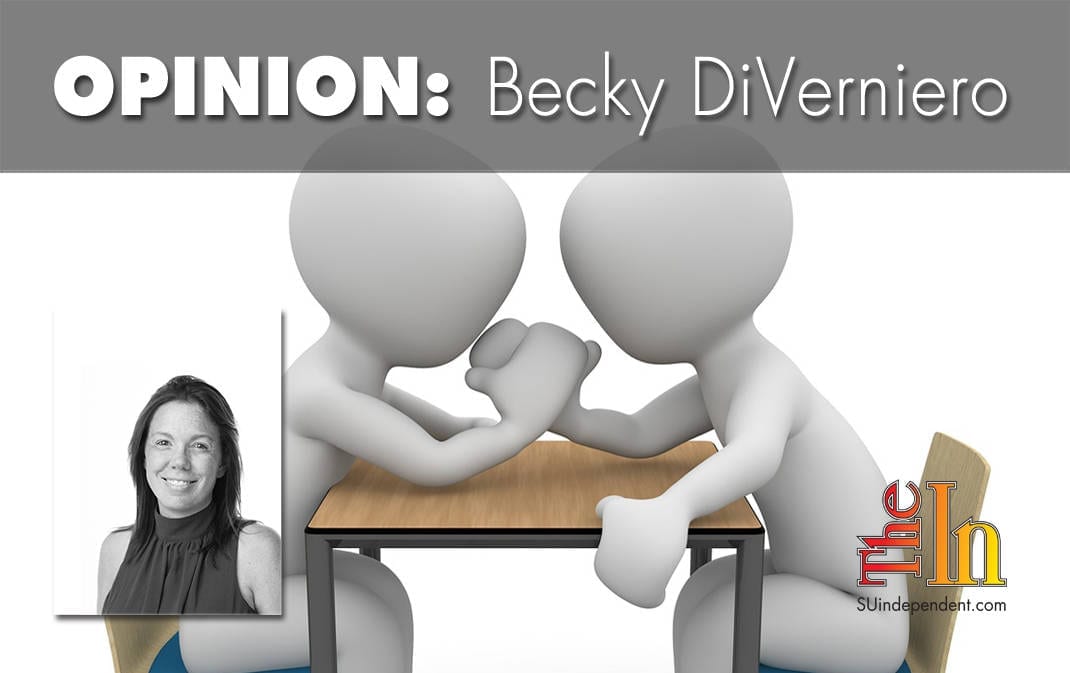 As a communication studies professor who specializes in studying intercultural interactions, I am constantly amazed at how desperately so many people in our country — which is supposed to be a rich melting pot of diversity — seem to cast aside ideas different from their own. A particularly good example of the problem with political labels presents itself as the current presidential race drags on for what feels like its thousandth month.
As a communication studies professor who specializes in studying intercultural interactions, I am constantly amazed at how desperately so many people in our country — which is supposed to be a rich melting pot of diversity — seem to cast aside ideas different from their own. A particularly good example of the problem with political labels presents itself as the current presidential race drags on for what feels like its thousandth month.
We will see more and more divisive messages everywhere we look, from advertisements made by the candidates to Facebook memes made by your racist uncle. The gap between the two parties will grow larger, as it always does as we move closer to a major election, and more negative characteristics will be assigned to anyone who would dare support the “other side.”
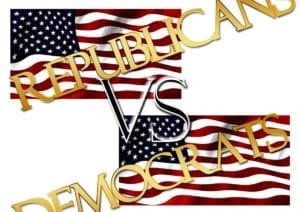 Vicious messages and actions are beginning to separate even those within the same party. Marco Rubio ended his campaign with comments about the underwhelming size of Donald Trump’s genitals. Hillary and Bernie, once polite and representative of a party who stood together, have turned on one another and spend more time spitting insults at each other than talking about what they would do for the country if elected.
Vicious messages and actions are beginning to separate even those within the same party. Marco Rubio ended his campaign with comments about the underwhelming size of Donald Trump’s genitals. Hillary and Bernie, once polite and representative of a party who stood together, have turned on one another and spend more time spitting insults at each other than talking about what they would do for the country if elected.
A concept that I’ve taught every class I’ve instructed in the 12 years of my academic career is that of intergroup communication. Essentially, when we interact with others, we may be triggered by a component of their identity to see them as different, as part of a different group. This difference could be real or perceived.
For instance, as a big Green Bay fan, if I see someone wearing a Bears cap, I immediately peg them as much different from myself because of the long-standing rivalry between the two teams. Even though that person might have a lot in common with me, it’s unlikely I will go out of my way to get to know them and understand who they are. The same is true for any part of our identity we hold as very important. For some, that might be religion, region, nation, or — in the case of this column — politics.
In America, competition is considered an important and inherent component of our daily lives. Thus, intergroup communication is not just a regular occurrence; it is something we seek out. To be the best, we must compare ourselves to others and be found superior.
This is why our focus on labels is understandable, but it’s also where a lot of our problems stem from. Not only are we incessantly labeling people but we also assume we can fill in their personality and beliefs through that labeling process. Thus, if I tell someone I am liberal, they will decide from this what I must care about and what my values are, based solely on that label. Intercultural research shows that we assume we are very similar to those who share our labels and that we are very different to those who do not. Obviously, this allows us to perpetuate stereotypes as well as outgroup bias. If I never bother to ask people questions once I’ve decided what (as opposed to “who”) they are, I never have to be proven wrong and can hold on to the ideas I’ve decided are reality.
I’m originally a New Yorker. I am also an atheist and a liberal. My students at Dixie State are generally from Utah, Mormons, and conservative. Every semester, we talk about anything from religion to abortion and gay rights. Because we get to know each other as people before we discuss these political issues, we are able to look beyond those labels and see where our differences lie but also how many things we actually have in common. My students realize, and I am reminded, that values — what people consider to be important or unimportant, right or wrong, and so on — are really quite similar in spite of what we would usually consider vast differences in our backgrounds.
While there might be some issues we cannot find common ground on, for the most part it is simply the actions that each political group takes to rectify problems that might be different as opposed to the core of their value systems.
So as we move closer to voting for president, I would encourage folks from all walks of life to go beyond just where others might sit in the parties. Ask those questions about what they care about and why. This is how we find ways to create intragroup understandings and eradicate bias. This won’t make others suddenly side with all your beliefs, but it will promote peace and understanding.


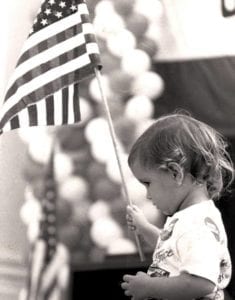



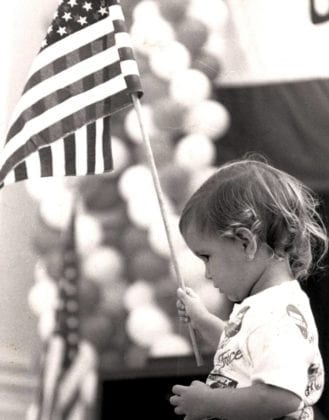
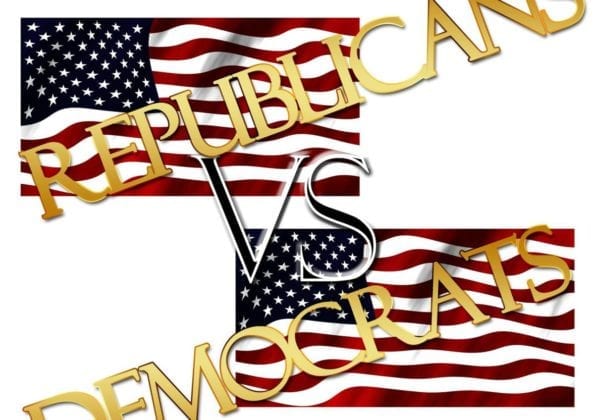
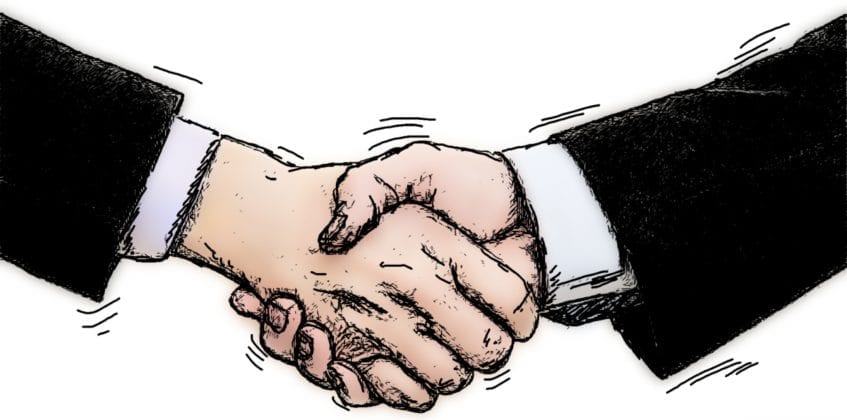
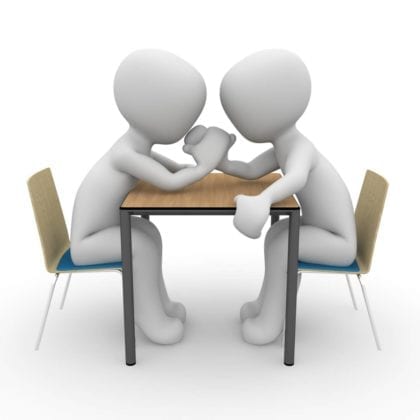



Being in St. George, you are in one of the greatest english speaking the greatest laboratory for intercultural interactions. Lucky you…. Work on that book…. 🙂